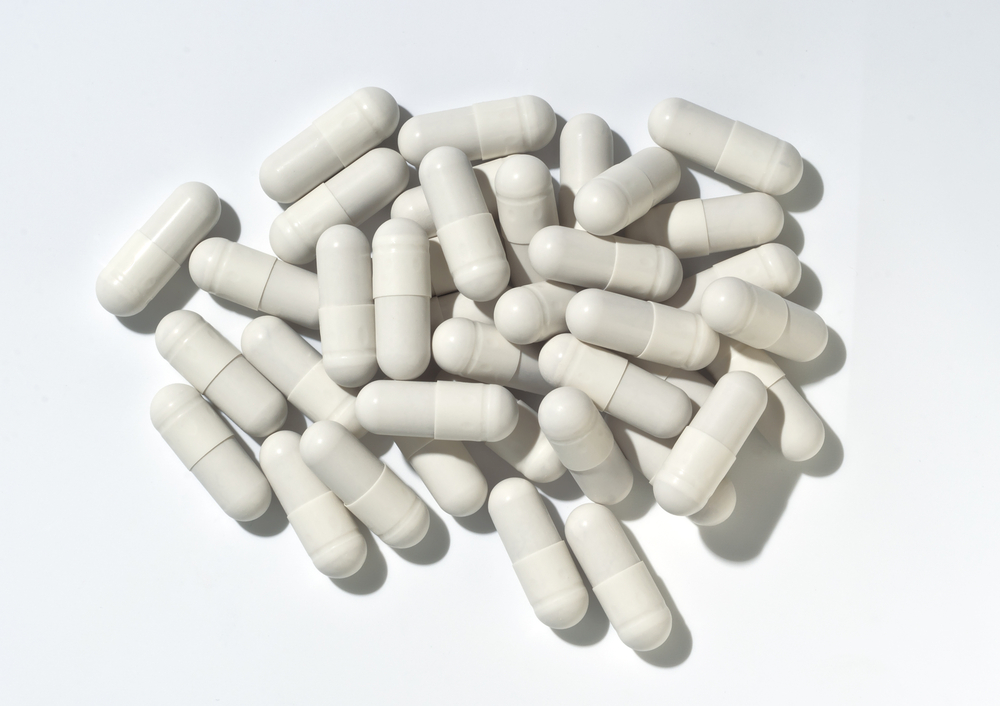Considering taking a probiotic? You’re definitely in good company. While probiotic-pumped beverages have been popular in Japan for a few years, the use of supplements in the North America is on the rise. Since the mid-1990s, more clinical studies have suggested that probiotic therapy can help treat gastrointestinal issues, stave off the development of allergies in kids and prevent vaginal infections in women—which has all lead to increased interest in a new but well-capitalized-on trend. Should you jump on the probiotic bandwagon? Make an informed choice—do your research before you decide.
Why take a probiotic supplement?
Up to 500 species of bacteria live in our digestive tract. The majority of them are good bacteria (known as probiotics) which support your digestion and nutrient absorption and keep harmful microorganisms under control. It’s only when certain “bad” strains of bacteria get out of control that we begin to notice issues (diarrhea, constipation, gas, etc.) Upping your intake of probiotics can help you to restore the balance and return your digestive processes back to normal.
In some cases, simply relying on probiotic-rich foods (which include fermented foods like sauerkraut, kimchi, tempeh and miso and certain dairy products like aged cheeses and kefir) may not be sufficient to get your digestion working right. If your gut flora has been drastically depleted—if you’ve had food poisoning or have been on antibiotics—food sources may not be enough and a supplement can help get things back to normal. If your digestion is fine for the most part, it’s safe to take a probiotic just to help keep digestion in balance, though, if all’s already well and good, you certainly don’t “need” to.
What can a priobiotic supplement do?
- Aid in the treatment of diarrhea, shortening the condition by one day on average (stock one in your suitcase if you’re travelling this summer)
- Reduce bloating and gas
- Relieve constipation. Research has found that on average, probiotics could significantly reduce “gut transit time” and can increase the number of weekly bowel movements by more than one
- Prevent and treat vaginal yeast infections and urinary tract infections. Having healthy vaginal bacteria means less discharge and irritation, and more protection against bacterial vaginosis and UTIs
- Fight off these bad bacteria caused by food poisoning—if you’ve recently eaten something that did not sit well, a probiotic can help put you right again
- Give you an immune system boost. Healthy bacteria can train your immune system to distinguish between foreign microbes and ones that originate in your body
What are the side effects?
When people first start on a probiotic supplement they may tend to see gas and bloating within the first few days. If this happens symptoms are usually mild and typically disappear after two or three days.
Are they safe to use everyday?
Probiotics are generally considered safe for healthy people, both in the short-term and long-term—they’re already present in a normal digestive system, after all. Though, there’s a risk for people who have impaired immune function—some probiotics may overstimulate the immune system. If you’re immune-compromised, otherwise sick or pregnant, avoid probiotics unless your doctor has given you the go-ahead.
What should I look for in a probiotic supplement?
There are a few different strains of probiotic bacteria that each have different functions. Understanding the benefits of the strains and how they affect your digestive health can help you choose which supplement is right for you. Experts say to look for these three strains first:
- L. acidophilus: This strain is one of the most common ones found in the small intestine. It supports nutrient absorption and aids specifically in the digestion of dairy.
- B. longum: Like L. acidophilus, B. Longum is one of the most common in healthy digestive tracts. It helps maintain the integrity of the gut wall and also acts as a “scavenger of toxins.”
- B. bifidum: This strain is present in both the small and large intestine, and is key for the digestion of dairy. This is especially important as you get older and your ability to digest dairy declines.
For more information about specific probiotic strands, check out Dr. David William’s comprehensive rundown.
Aside from these, look for encapsulated pills, which help make sure the bacteria actually survives the trip through your acidic stomach and reaches your colon, and pass on the probiotic if the label says “viable at time of manufacture,” as this means everything in it could be dead by the time you put it in your mouth. Another good rule of thumb is to look for probiotics that need to be refrigerated—it may take some time for you to remember to go to the fridge for your supplement, but those that are stored on cupboard shelves are generally not as effective as those that need to be refrigerated.











